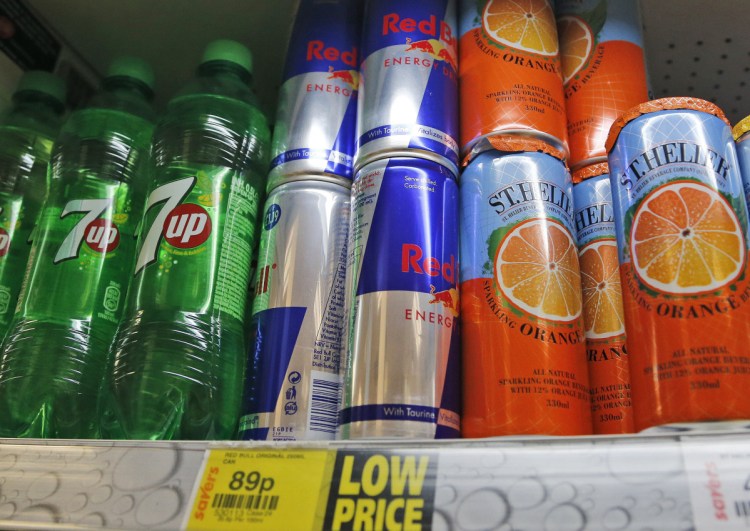GENEVA — The Trump administration has torpedoed a plan to recommend higher taxes on sugary drinks, forcing a World Health Organization panel to back off the U.N. agency’s previous call for such taxes as a way to fight obesity, diabetes and other life-threatening conditions.
The move disappointed many public health experts but was enthusiastically welcomed by the International Food and Beverage Alliance – a group that represents companies including Coca-Cola, PepsiCo. and Unilever.
The revelations came Friday as a WHO panel on noncommunicable diseases issued a report that aimed to cut down on diseases like diabetes, cancer and obesity, which kill about 40 million people each year. The fight against such diseases is a priority for WHO’s director-general, Tedros Adhanom Ghebreyesus.
Dr. Sania Nishtar, co-chair of panel, said most of its 26 members supported a tax on sugar-sweetened beverages but one commissioner – whom she did not identify – hampered drafting stronger language.
Eric Hargan, the U.S. deputy secretary for health and human services, reported that he was that member, arguing it was not clear that imposing taxes on sugary drinks like sodas and fruit juices would improve public health. WHO has argued exactly that over the last two years.
The U.S. provides a significant percentage of WHO’s yearly budget.
The sweetened-drink industry has come out strongly against any such tax but Nishtar said she was not aware of any industry lobbying of the commissioners. Commission member Ilona Kickbusch, a former WHO staffer who directs the Global Health Center at the Graduate Institute in Geneva, said the United States “made it clear” that it did not want more regulation.
Send questions/comments to the editors.



Success. Please wait for the page to reload. If the page does not reload within 5 seconds, please refresh the page.
Enter your email and password to access comments.
Hi, to comment on stories you must . This profile is in addition to your subscription and website login.
Already have a commenting profile? .
Invalid username/password.
Please check your email to confirm and complete your registration.
Only subscribers are eligible to post comments. Please subscribe or login first for digital access. Here’s why.
Use the form below to reset your password. When you've submitted your account email, we will send an email with a reset code.